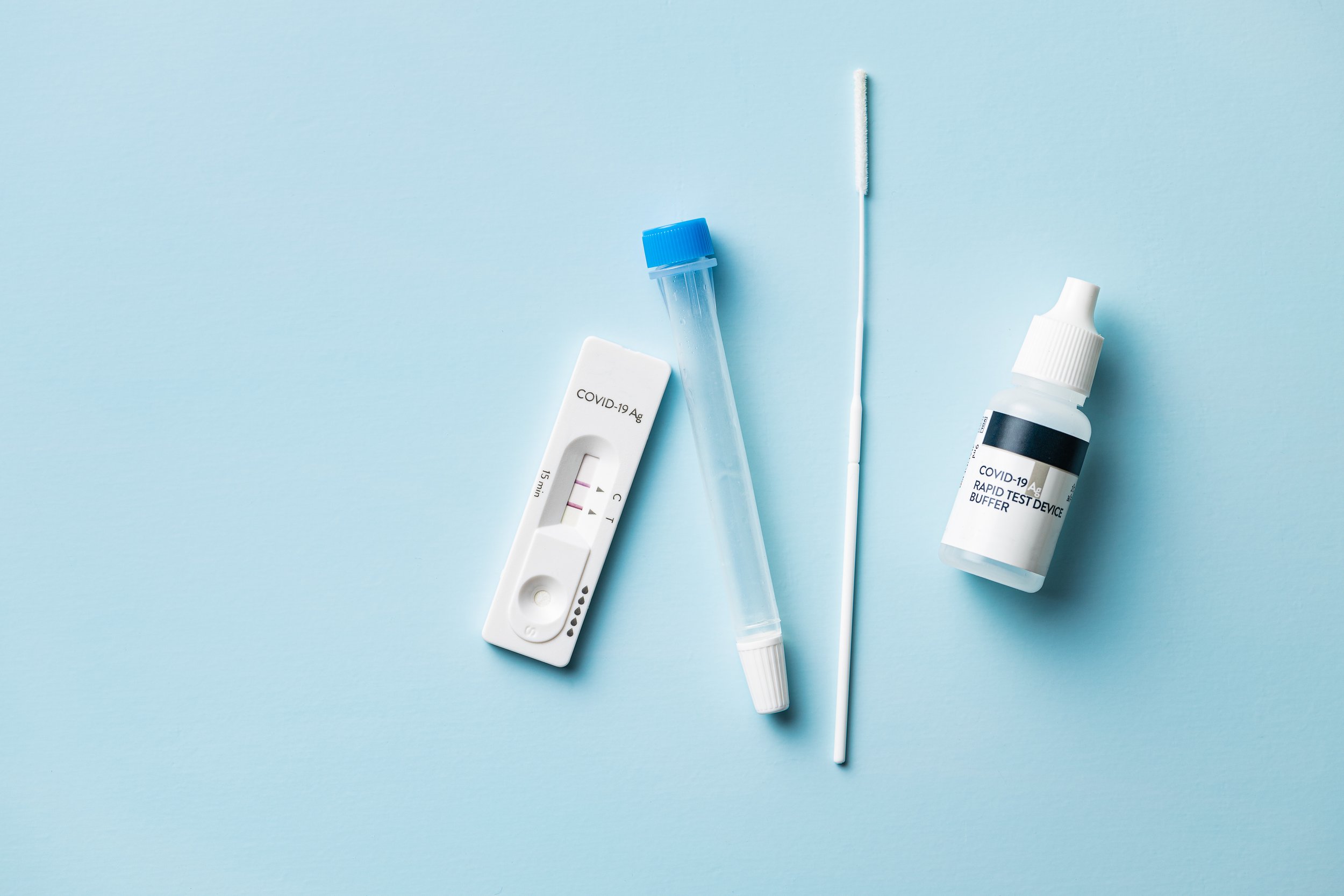
RSv-testing
RSv
We have been receiving a lot of questions from parents regarding RSV and how serious it is and will provide some information here.
RSV, or Respiratory Syncytial Virus, is one of the most common viral causes of respiratory infections in young children. It can affect the airways and lungs. In children under 1 years of age, it is the leading cause of more serious illnesses such as pneumonia or bronchiolitis, which is inflammation of the smaller airways.
what is RSV?
RSV is highly contagious and is spread through respiratory secretions (saliva and mucus) when an infected person coughs or sneezes. It can also be spread by touching contaminated surfaces then touching your mouth, nose or eyes.
How is RSV spread?
What are some of the symptoms of RSV?
RSV symptoms are very similar to other common childhood illnesses (such as common cold). Some of the symptoms are:
- Fevers
- Cough
- Wheezing
- Runny nose
- Decreased appetite
- Low energy/fussiness
These symptoms are similar to most other common colds. As such, in most cases the infection is mild and will resolve in 1-2 weeks. However, in some cases, RSV can lead to more serious illness such pneumonia or bronchiolitis. Bronchiolitis is from inflammation of the smaller airways in the lungs leading to severe coughing, wheezing and difficulty breathing. These illnesses can be especially dangerous in premature babies or young children with heart or lung disease or in people with weakened immune systems.
When can you get RSV?
Children can get RSV anytime during the year, but it is more common from October to March.
- Starts breathing fast, wheezing or having difficulty breathing.
- A cough that continues to get worse and worse.
- Having difficulty sucking and swallowing.
- Has a fever of 100.4F or higher for ages 0-3 months, 101F or higher in 3-6 months of age or 103F for 6 months or older.
- Looks blue around fingertips and mouth.
When to seek medical attention?
Call your child’s pediatrician or seek medical attention if your child:
How is Respiratory Syncytial Virus Diagnosed?
Most clinical providers can often diagnose RSV after reviewing a child’s symptoms, especially if there is a current outbreak in the area. We offer RSV testing that only requires a sample of mucus from the nose.
How do you treat Respiratory Syncytial Virus?
For a mild case of RSV, it can be treated at home the same way you would treat a bad cold.
- If the child has fevers or pain, give children’s acetaminophen (such as Tylenol) or children’s ibuprofen (such as Advil).
- Use a cool mist humidifier.
- Use a bulb suction to clear mucus from the nose for young children.
- Hydration is important, make sure to give plenty of fluids to prevent dehydration.
For more severe cases, your Pediatrician or healthcare provider will check for secondary bacterial infectious causes such as an ear infection or pneumonia that may need antibiotic treatment. A small percentage of children, about 0.5 - 2%, will need to be hospitalized to receive treatment. Most of the hospitalized children are under the age of 6 months. Hospital treatment may include use of an oxygen mask, ventilator or IV fluids (intravenous) if your child is having difficulty with eating and drinking. For high risk young children, such as ones who have heart or lung disease, there is medication that is a monthly injection that helps prevent more serious illness from RSV. If you think your child may benefit from this, talk to your child’s pediatrician.
How is RSV prevented?
To prevent the spread of RSV, it is important to practice good hygiene. RSV spreads the same way as other common colds, through respiratory droplets from sick people’s mouth and nose.
- Wash your hands frequently, especially after touching public surfaces.
- Avoid close contacts with infected individuals.
- Frequently wash your child's toys, pacifiers and any other items that children tend to put in their mouths.
- Cover your mouth and nose when sneezing or coughing, by directing your mouth/nose into your elbow or shirt sleeve. Teach your older children the same.
These measures should be held in situations where children are in large groups such as day care centers and preschool. The above measures will not only help protect against RSV, but also against other common colds, flu and other contagious illnesses.
Can you get RSV infection more than once?
Unfortunately, the answer is yes. So even if your child has already had RSV, still take the necessary precautions as listed above.
If you think your child may have RSV and needs an evaluation or testing, please visit our clinic to see one of our healthcare providers.

